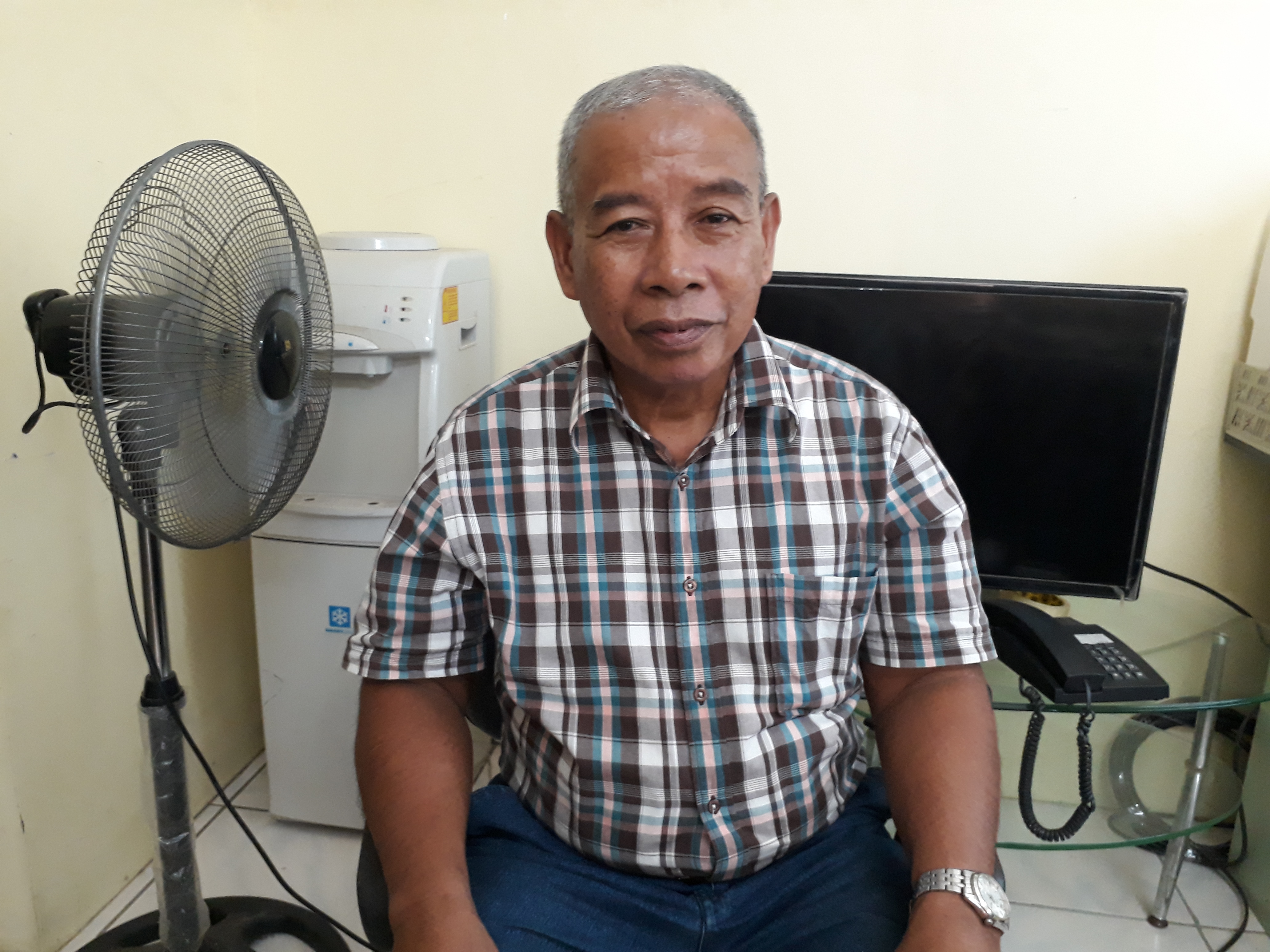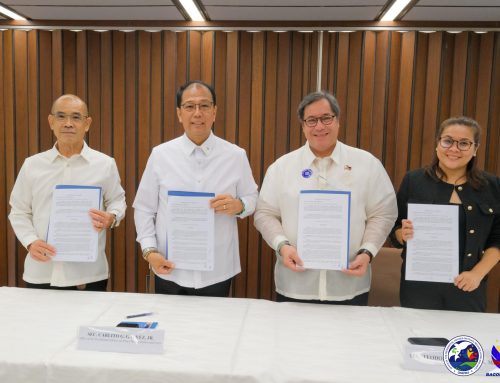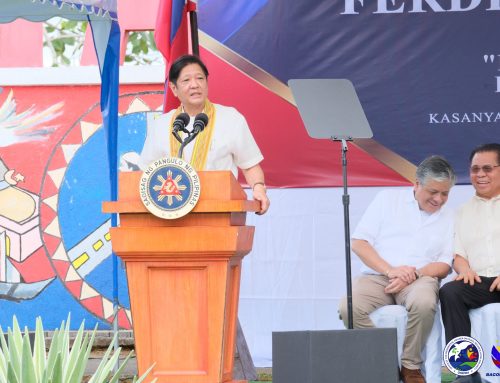COTABATO CITY – Israpil Samaya, 61, has been a “mujahid” for more than half of his life.
“I almost died during an encounter with government forces,” Samaya recalls, as he points to his disfigured thigh that was pierced by an M-16 bullet.
Although bleeding profusely and on the brink of death after taking another hit in the groin, he couldn’t be brought to the hospital for fear he would be arrested by authorities.
“It was like a bad dream. I didn’t know how I was able to survive,” narrates the former Moro Islamic Liberation Front (MILF) fighter who was constantly on the run, moving from one hideout to another.
“The life of a rebel is very hard. You didn’t have a permanent home, you didn’t have food,” shares Samaya whose family had to subsist mostly on root crops from the jungle just to survive.
He reveals that a lot of his comrades have passed away after being killed during armed clashes with the military, while others have died due to illness after years of hiding.
Samaya’s life turned around after the Government of the Philippines and the MILF signed the Framework Agreement on the Bangsamoro (FAB) in 2012 and subsequently, the Comprehensive Agreement on the Bangsamoro (CAB) in 2014.
In June 16, 2015, he was among the 145 decommissioned combatants who turned over their firearms to the national government under the CAB’s normalization process.
The turn-over, which was overseen by the Independent Decommissioning Body tasked by the GPH-MILF Panels to facilitate the decommissioning of combatants and their weapons, took place in Old Capitol Building, Brgy Simuay, Sultan Kudarat, Maguindanao and included former fighters coming from the provinces of Maguindanao, North Cotabato, Lanao del Sur and Lanao del Norte.
“We decided to lay down our arms after the peace agreement. We no longer have use for them anymore,” Samaya says.
“We realized that it was time to go back to civilian life, to return to mainstream society,” he adds.
Samaya likened himself to a “retired soldier,” saying, “This may be the best alternative so far.”
After carrying a rifle for almost decades, he now expertly operates a sewing machine after attending a dressmaking course conducted by the Department of Social Welfare and Development (DSWD). The dressmaking course, among other livelihood programs, was made possible by the Task Force for Decommissioned Combatants and their Communities as approved by the Panels.
“Before, I found it very hard to operate the machine. But now, I find it very easy,” intimates the father of eight who now spends most of his time at home attending to the needs of his family.
Recently, Samaya was also among those who received compensation for services rendered under the national government’s cash for work program for ex-combatants.
Under the livelihood scheme, he, together with other former fighters, cleaned canals, built roads and planted vegetables for two weeks.
“We are very thankful for the jobs given to us. We now have extra funds to provide for the needs of our family,” says Samaya with pride in his voice.
With these positive developments, which impact is now felt across the region’s conflict-affected communities, he and his comrades are fully supporting the passage of the Bangsamoro Basic Law (BBL) now being deliberated on in Congress.
“This BBL is inclusive and does not favor anyone. Everyone, regardless of race, culture or religion, will benefit from the law once it is passed,” Samaya points out.
More importantly, he expects that with the passage of the law, there will be “better policies, better rules” within the proposed Bangasamoro region.
Samaya has lofty dreams for his community which has been wracked by conflict for decades.
“We want our community to be one of the most productive areas in the province. We will work hard to make this happen,” he concludes.











